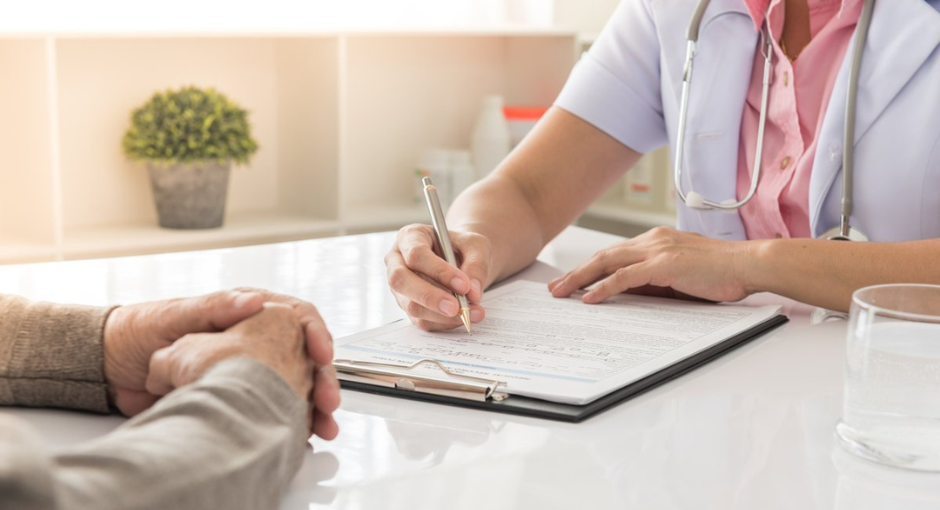Everything You Need to Know About Donating Your Brain to Science

The Parkinson’s Foundation, in collaboration with the Brain Donor Project, is working to shed light on the critical need for brain donation to advance Parkinson’s disease (PD) research. According to the National Institutes of Health (NIH), there are vastly inadequate brain donations to meet the research demand of several disorders, in particular Parkinson’s.
“Because Parkinson’s is exclusively a human disease, we are entirely dependent on brain donation to help us truly understand how Parkinson’s affects the human brain,” said James Beck, PhD, Parkinson's Foundation’s Chief Scientific Officer.
As suggested in a JAMA Neurology article, the aging population is poised to see a global spike in the number of people diagnosed with Parkinson's. Authors Ray Dorsey, MD, University of Rochester Medical Center, and Bastiaan R. Bloem, MD, PhD, Radboud University Medical Center, both Parkinson’s Foundation Centers of Excellence, liken this surge to a pandemic requiring immediate action. Expert care and research remain our only chance to fight this disease in time to help future generations.
Since one brain can provide tissue for up to hundreds of research studies, an individual brain donation is a highly valuable gift that almost anyone can make.
What are the steps of brain donation?
- Decide whether this is the right option for you.
- Register to become a brain donor through the Brain Donor Project.
- Match with a brain bank in the NIH NeuroBioBank network. Receive forms and additional information needed to finalize your registration.
- Let your family know of your decision so they can ensure your wishes are carried out. Consider using the NIH NeuroBioBank brochure for reference.
- Provide designated family members with the brain bank contact information. Your family will not incur any expense for the donation.
- Help hundreds of researchers further their Parkinson’s research.
Timing is everything — in the last 20 years, neuroscientists have learned more about the human brain than at any other point in recorded history. Your donation to The NIH NeuroBioBank will ensure that scientists continue to advance PD research. According to the NIH, increasing the amount of brain tissue available for research allows scientists to better understand how to prevent, diagnose, treat and cure brain disorders, like Parkinson’s.
Through a coordinated network of brain banks in the United States, the NIH NeuroBioBank arranges for donated brain tissue to be evaluated and made available to researchers while following the highest standards for research and providing brain tissue to the greatest number of scientists possible. With just one brain, multiple researchers can further their studies.
“From the discovery of levodopa, the first true therapy for PD, to the next generation of therapies in clinical trials today, each critical advance has been made because of the generosity of people contributing their brains to help solve Parkinson’s,” said Dr. Beck.
According to the Brain Donor Project, many donors and their families share a mutual feeling of satisfaction knowing that they are contributing to the health and well-being of future generations. Brain donation makes it possible to advance science and work toward cures for neurological diseases.
Related Blog Posts

Top Parkinson’s Science News Articles of 2025

Celebrating 12 Milestones that Defined 2025
